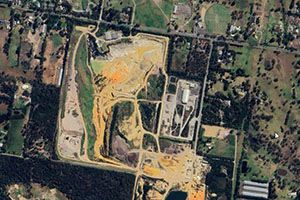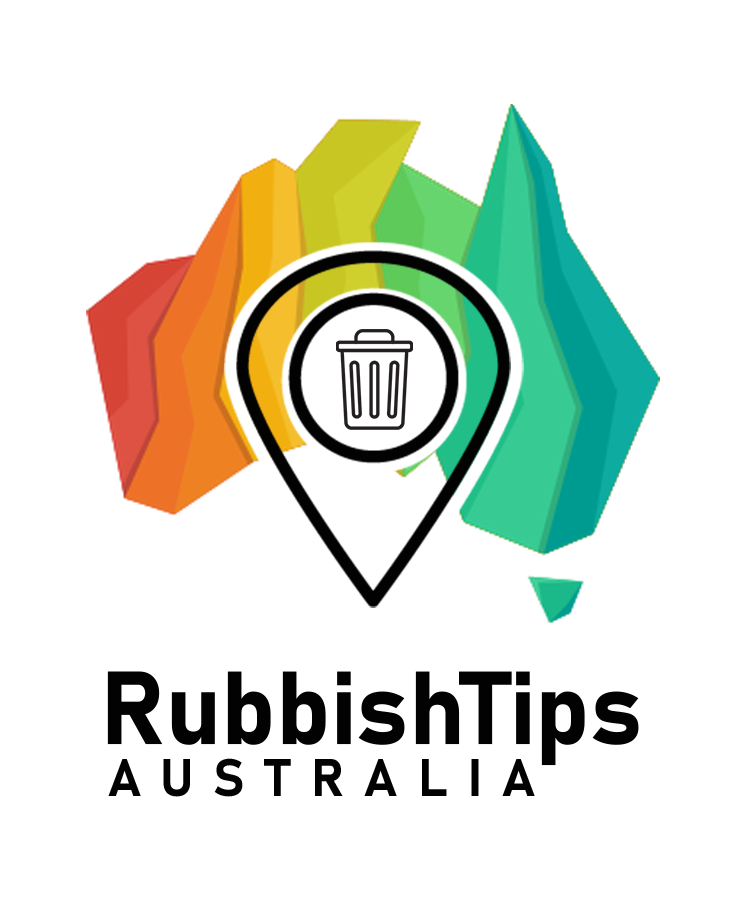
Items Accepted
The Frankston Regional Recycling and Recovery Centre (FRRRC) accepts most waste. However it is not a landfill site and FRRRC does not accept food, liquid or hazardous waste.
The gatehouse attendant will assess all materials prior to entry. The gatehouse attendant’s decision is final.
Free items
These are currently accepted free-of-charge, please note conditions *#:
BBQ gas bottles (9 kg bottles only)
Car batteries
Cardboard and paper
Co-mingled bottles, cans and jars *
E-waste (electronic goods including mobile phones)
Household batteries *
Light globes and fluorescent tubes *
Motor oil – must be clearly labelled in motor oil containers only. Maximum size 20 litre container (free for residents only)
Paint and paint tins #
Scrap metal
TVs / computers
VHS/DVD/CDs *
White goods – fridges, dishwashers etc
X-rays *
FAQs
What options do I have for waste disposal besides using a landfill?
How do I pay for waste disposal at a landfill or rubbish tip, and what payment methods are accepted?
Are there any specific items that I should not bring to a landfill or rubbish tip?
Can I dispose of electronic waste at a landfill or rubbish tip, and if so, how should I do it?
What types of waste are generally accepted at landfills and rubbish tips?
Will I need to provide proof of residency when using a landfill or rubbish tip?
Are there fees involved when dumping waste at a landfill or rubbish tip, and how are they calculated?
What safety precautions should I follow when disposing of waste at a landfill or rubbish tip?
Are there any size or weight restrictions for the waste I bring to a landfill or rubbish tip?
Should I separate my waste before taking it to a landfill or rubbish tip, and why is this important?
Recent Posts
